Life
Sign up for our newsletter
We summarize the week's scientific breakthroughs every Thursday.
-
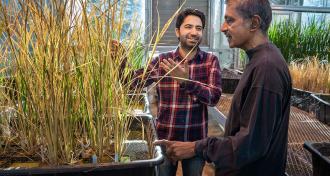 Plants
PlantsHybrid rice engineered with CRISPR can clone its seeds
New research has created self-cloning hybrid rice, raising hopes of higher food production.
By Susan Milius -
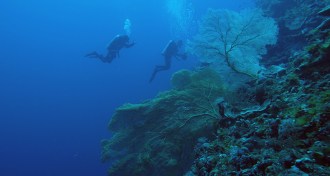 Animals
AnimalsNearly 200 Great Barrier Reef coral species also live in the deep sea
There are more coral species lurking in the deep ocean that previously thought. That could be good news for their shallow water counterparts.
-
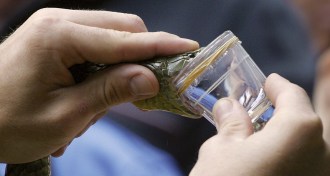 Life
LifeBiologists are one step closer to creating snake venom in the lab
Milking snakes for venom may soon no longer be needed to make antidotes for bites.
-
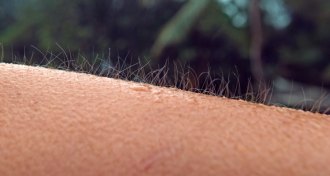 Life
LifeGetting goose bumps could boost hair growth
The same nerves and muscles that create goose bumps may make hair grow.
-
 Health & Medicine
Health & MedicineA gut-brain link for Parkinson’s gets a closer look
Early evidence suggests that Parkinson’s may be a gut disease that affects the brain.
By Laura Beil -
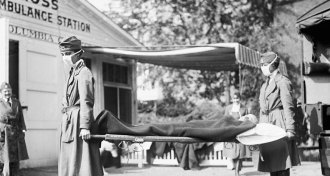 Health & Medicine
Health & MedicineTwo new books explore the science and history of the 1918 flu pandemic
One-hundred years after the Spanish flu, ‘Pandemic 1918’ and ‘Influenza’ provide a new look at the global outbreak.
-
 Neuroscience
NeuroscienceThe uterus may play a role in memory
In lab tests, rats that underwent hysterectomies had worse spatial memories.
-
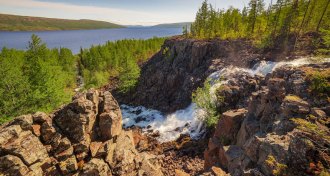 Oceans
OceansVolcanic eruptions that depleted ocean oxygen may have set off the Great Dying
Massive eruptions from volcanoes spewing greenhouse gases 252 million years ago may have triggered Earth’s biggest mass extinction.
-
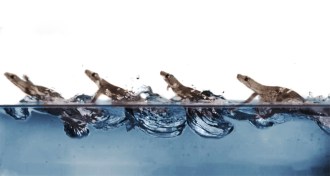 Animals
AnimalsHere’s how geckos (almost) walk on water
New high-speed video reveals how geckos use a hybrid walking-swimming gait in water to reach speeds similar to those on land.
-
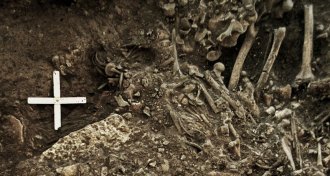 Genetics
GeneticsA 5,000-year-old mass grave harbors the oldest plague bacteria ever found
DNA from an ancient strain of the plague-causing bacterium could help uncover the origins of the deadly disease.
By Bruce Bower -
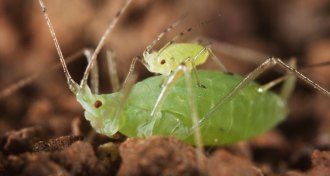 Animals
AnimalsPea aphid youngsters use piggyback rides to escape a crisis
When some mammal is about to munch their plant, aphids drop to the ground and youngsters want a ride to safety.
By Susan Milius -
 Science & Society
Science & SocietySeeking a panacea in the gut’s microbiome
Editor in Chief Nancy Shute discusses the potential role of the gut microbiome in Parkinson's disease and one reporter's connection to the story.
By Nancy Shute